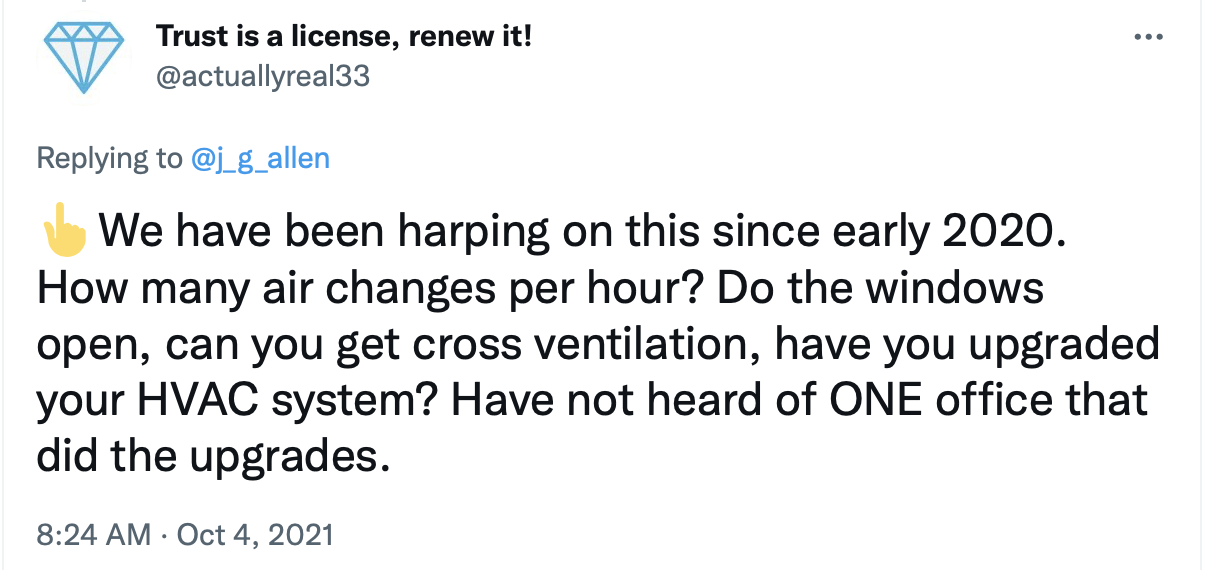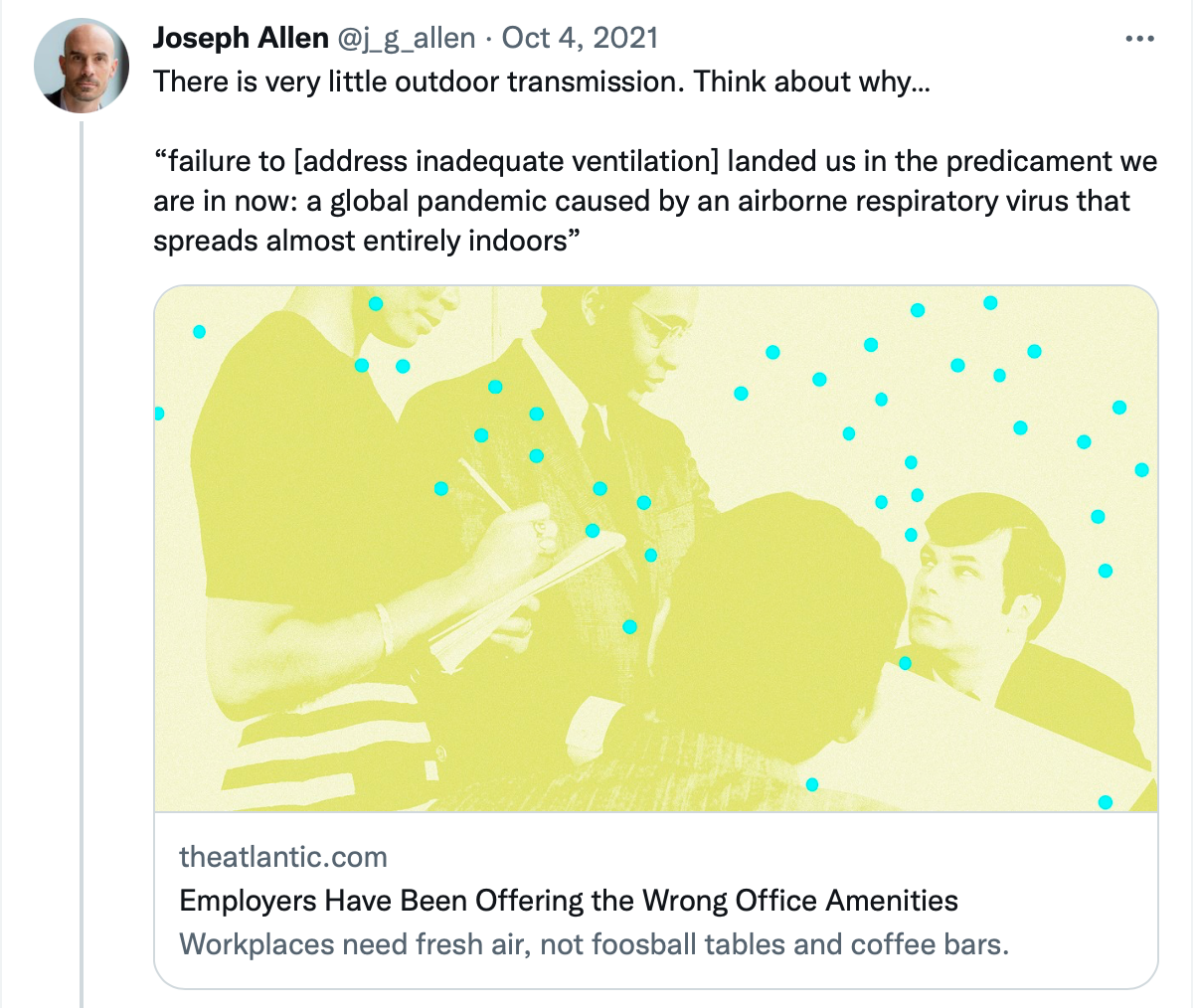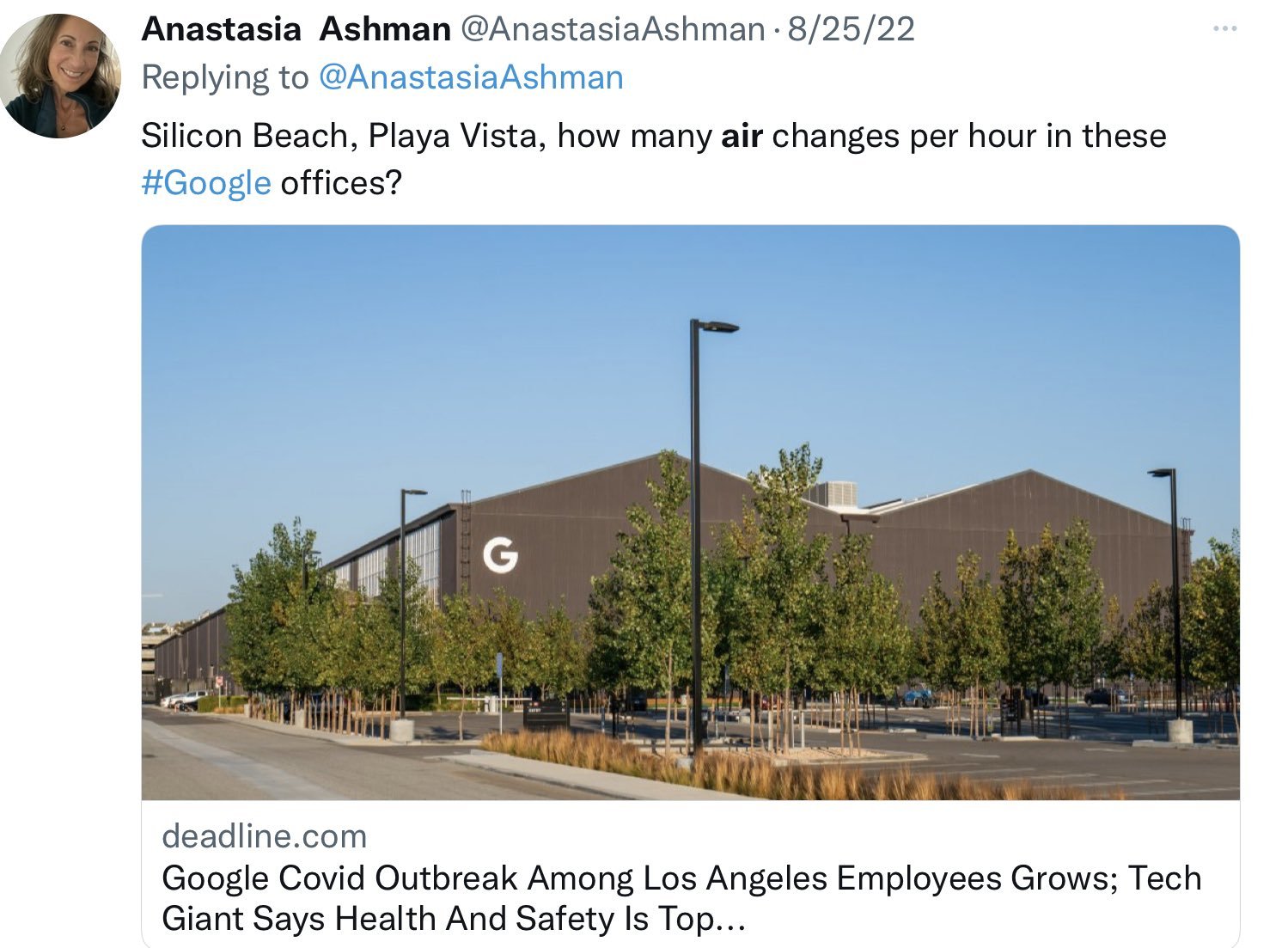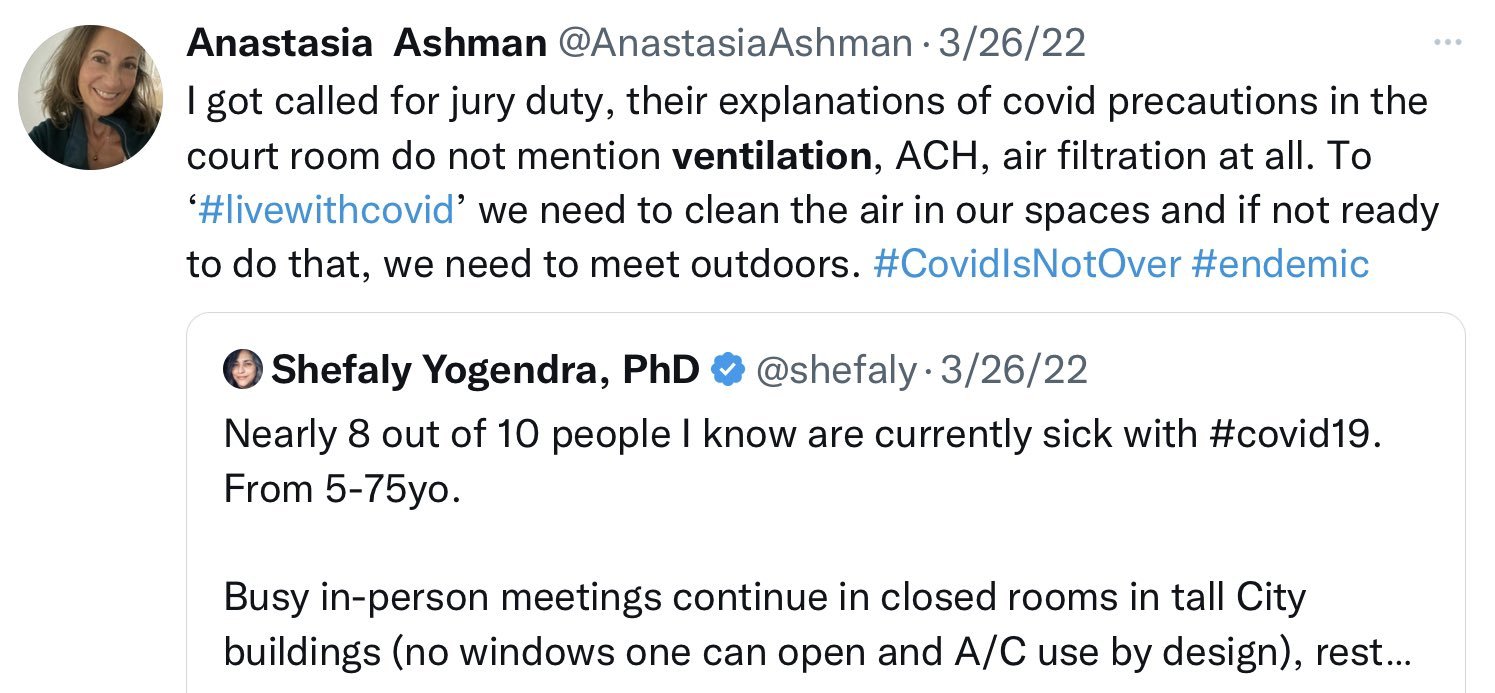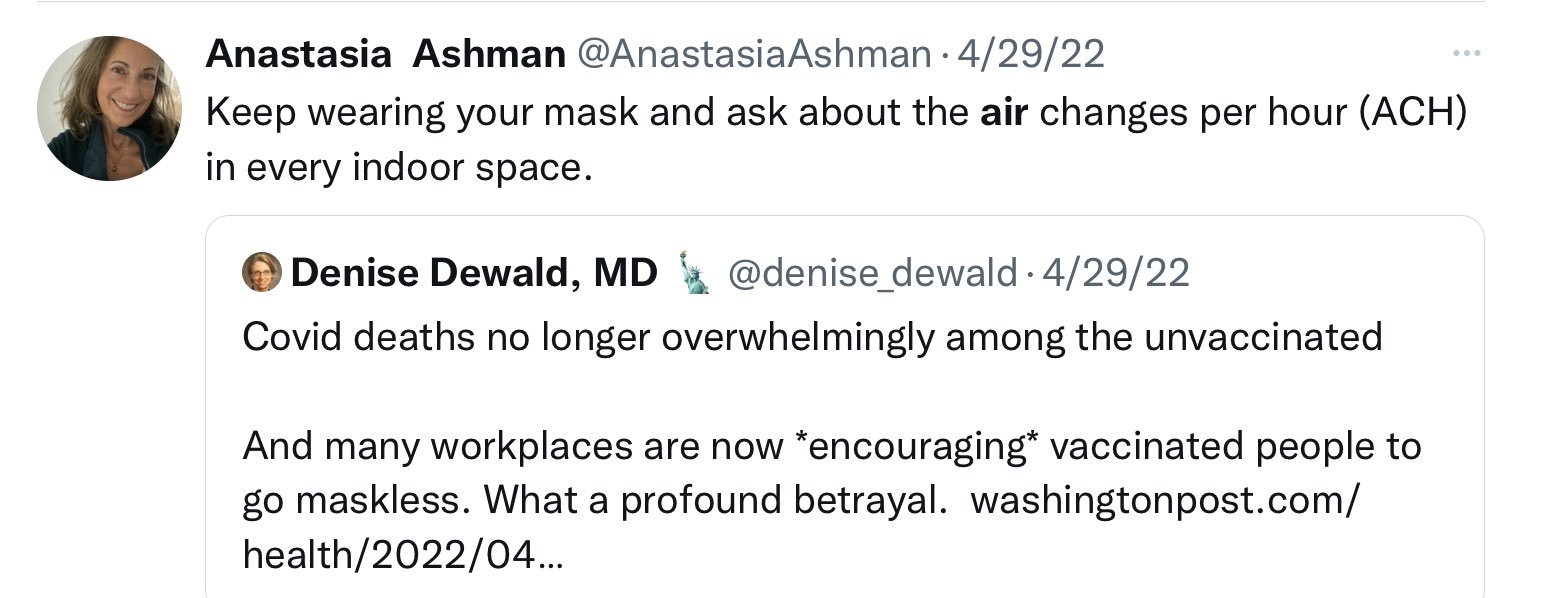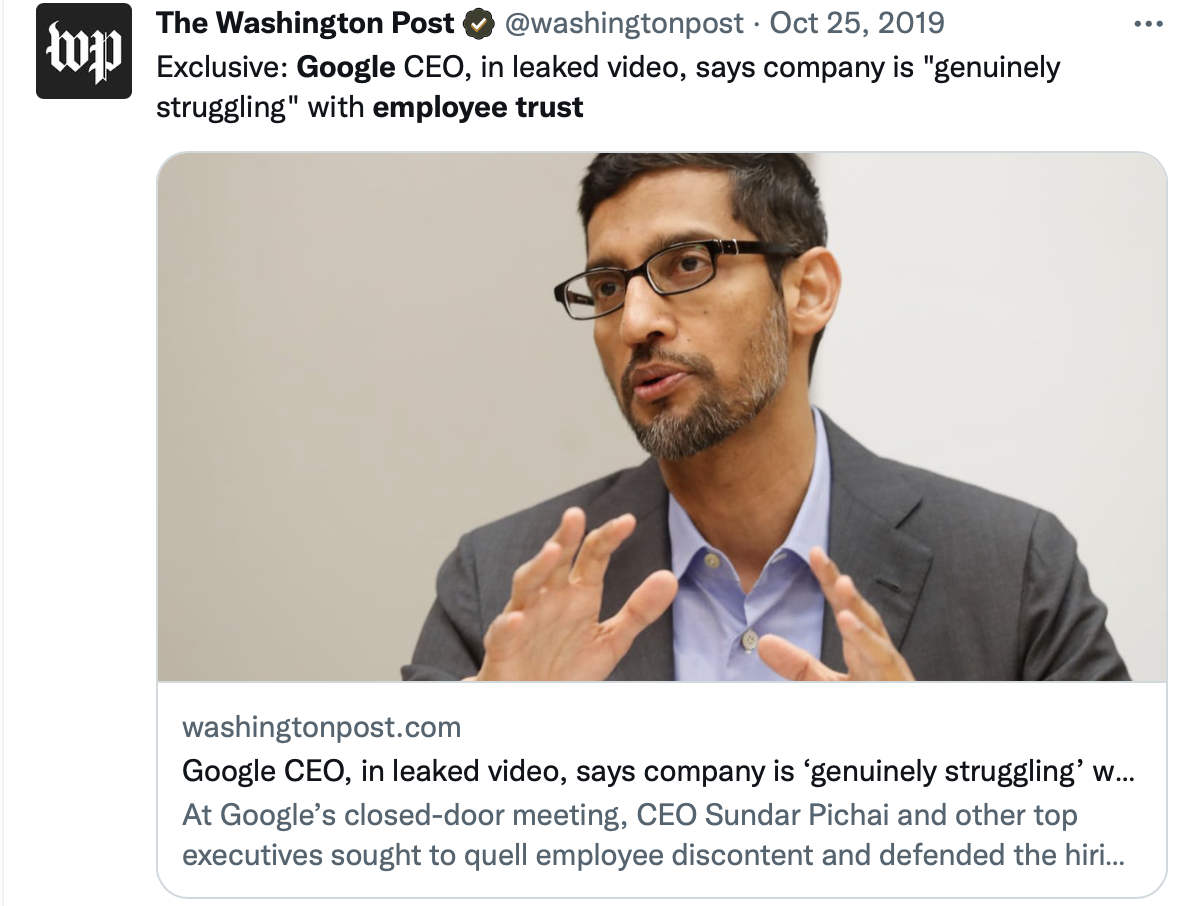“Her groundbreaking concept of building an online professional presence as a way to advance business objectives for growth and sustainability… came long before companies understood the marketing potential of online social media, and began to hire social media managers in large numbers. And long before people understood why and how to use existing tools for effective remote work.”
I founded GlobalNiche in Istanbul with Tara Agacayak after evolving my 2006 cultural book to a 2010 global citizen blog to an online skill building business, and Tanya Monsef joined us when I moved to San Francisco. Here’s what Tanya, the Dean's Executive Professor of Management in the Leavey School of Business at Santa Clara University for the past decade, says about GlobalNiche in 2024.
Watch a quick retrospective, excuse any missing media.
"Anastasia’s groundbreaking concept of building an online professional presence as a way to advance business objectives for growth and sustainability… came long before companies understood the marketing potential of online social media, and began to hire social media managers in large numbers. And long before people understood why and how to use existing tools for effective remote work.
Tanya recalls how I took my knowledge and prior success using book publishing’s “author platform” concept to reach the public with content marketing, branding and community outreach (that’s Expat Harem!), and combined it with the heavily-online techniques a serial expat like me has relied on during my overseas experiences, and then how I created a way to teach it to others, and then to scale it.
"GlobalNiche was a forward-thinking leader in digital solutions and thought leader to a global cohort of founders and business women, as well as organizations serving female innovators.”
This reminds me that Tanya and I continued to deliver talks and workshops well into 2014 and later, working with the Women’s Startup Lab in Mountain View, Turkish Women’s International Network in Menlo Park, and a women executives group at Cisco in San Jose, and I’ve guest lectured to her business students at Santa Clara University for several years.
““Ten years before Zoom became mainstream, GlobalNiche were already conducting live web video group meetings (using chat, recordings, etc) showcasing an ability to foresee trends and implement innovative solutions to increase opportunity. ”
"Ten years before Zoom became mainstream, GlobalNiche were already conducting live web video group meetings (using chat, recordings, etc) showcasing her ability to foresee trends and implement innovative solutions to increase opportunity,” she says.
"GlobalNiche was awarded Top Instructor by Udemy in 2013 as the most enrolled course.” You’ll see in the quick video above that Udemy noted we enrolled students from 17 nations in 2013.
Tanya recalls our 2013 win of an innovation challenge to connect 5 million women by national and international gender equality foundations, global health nonprofits, and academic leadership centers.
The multi-year strategic change initiative of San Jose State University, Public Health Institute (PHI), World Pulse, the Global Women's Leadership Network, Monterey Institute of International Studies, and the Global Fund for Women recognized GlobalNiche's pragmatic, resourceful plan to use free web technology and collaboration tools for connecting and transforming communities world-wide.
“In 2013 GlobalNiche won an innovation challenge to connect 5 million women, recognition of a pragmatic, resourceful plan to use free web technology and collaboration tools.”
ON CONTRIBUTING TO THE FUTURE OF WORK MOVEMENT
In 2014, I looked back on the workforce pioneering I’d done during GlobalNiche, and noted how awareness and adoption was coming for people who hadn’t yet felt the need for this online survival method:
“I’m proud to have added definition to, contributed to & participated in the movement toward every-day entrepreneurial thinking and acting and creative entrepreneurship as a solution for everyone, the incorporation of location independence and lifestyle design in populations beyond expats, travelers and life hackers, a new seriousness around digital identity, personal branding, digital footprints and online social networking in general for personal and professional development, reinvisioning the future of work with online collaboration and cocreation, the adoption of global communication best practices, the absolute tidal wave of online content marketing, the rise of the transformational consumer.”







